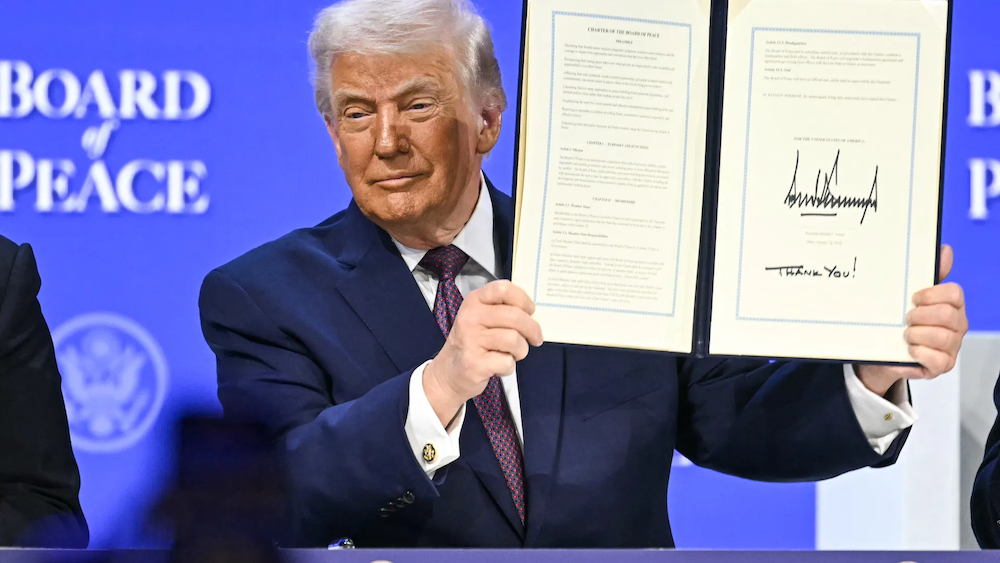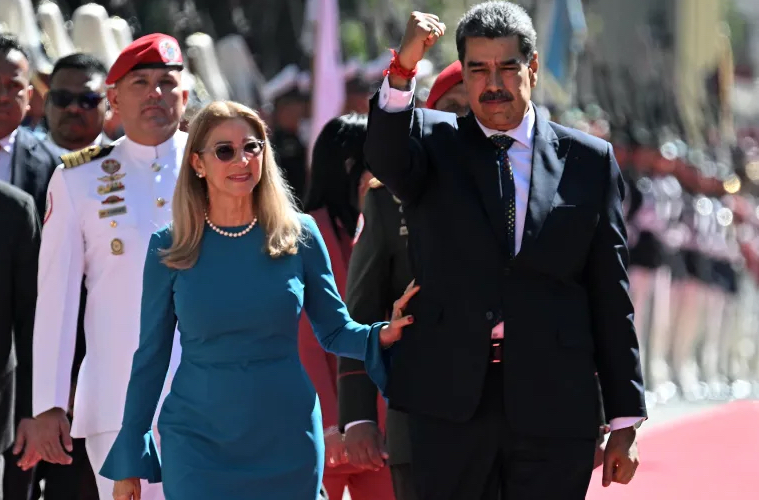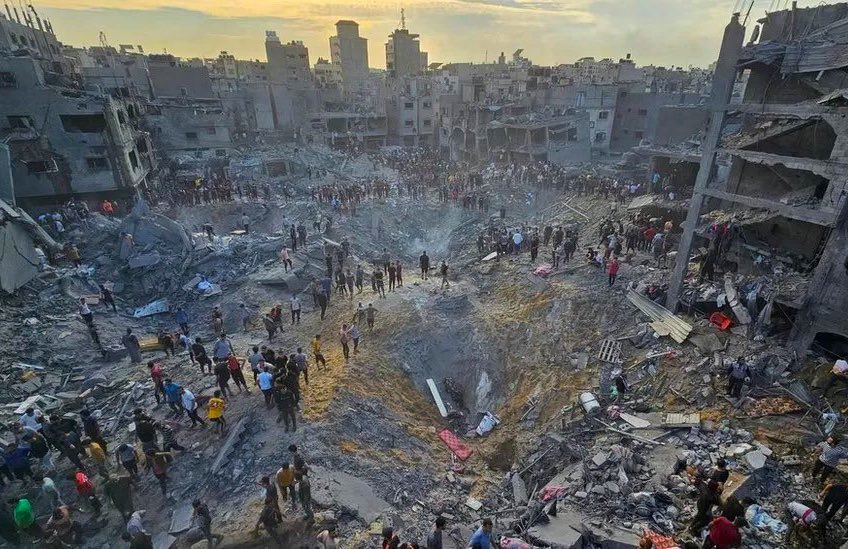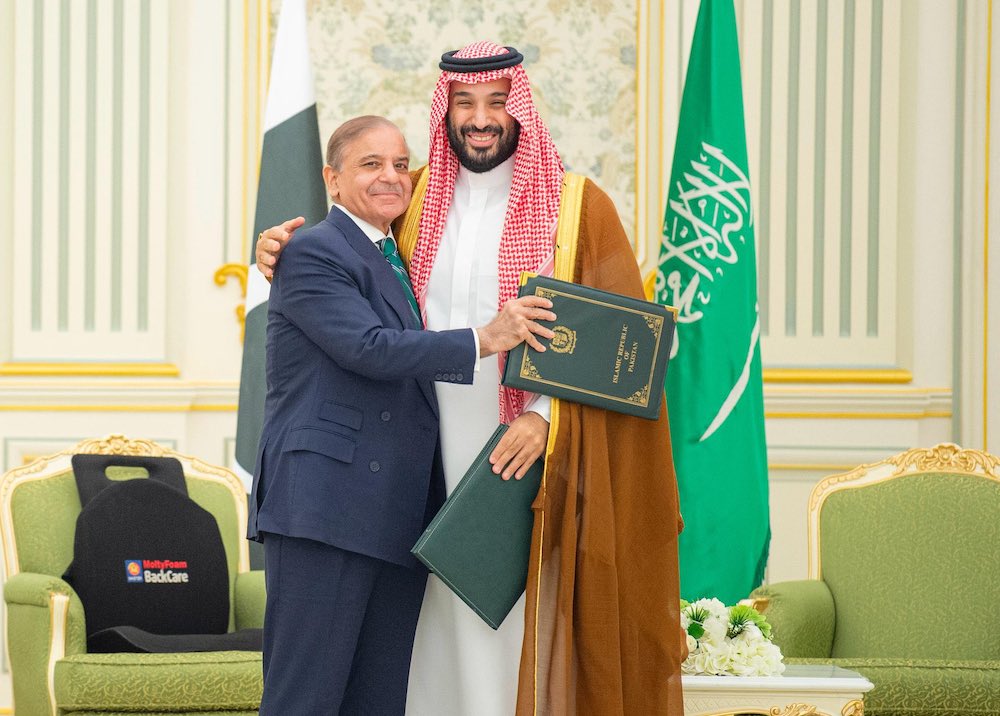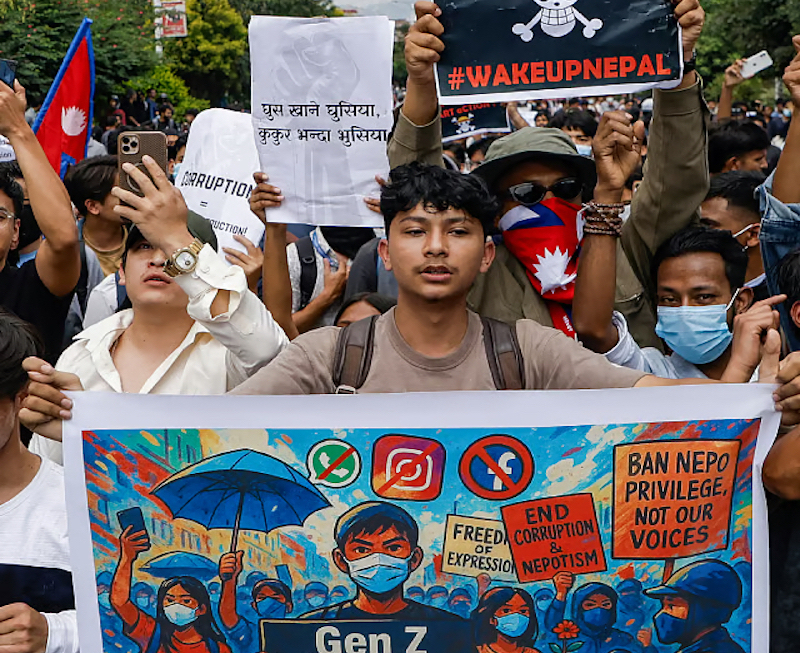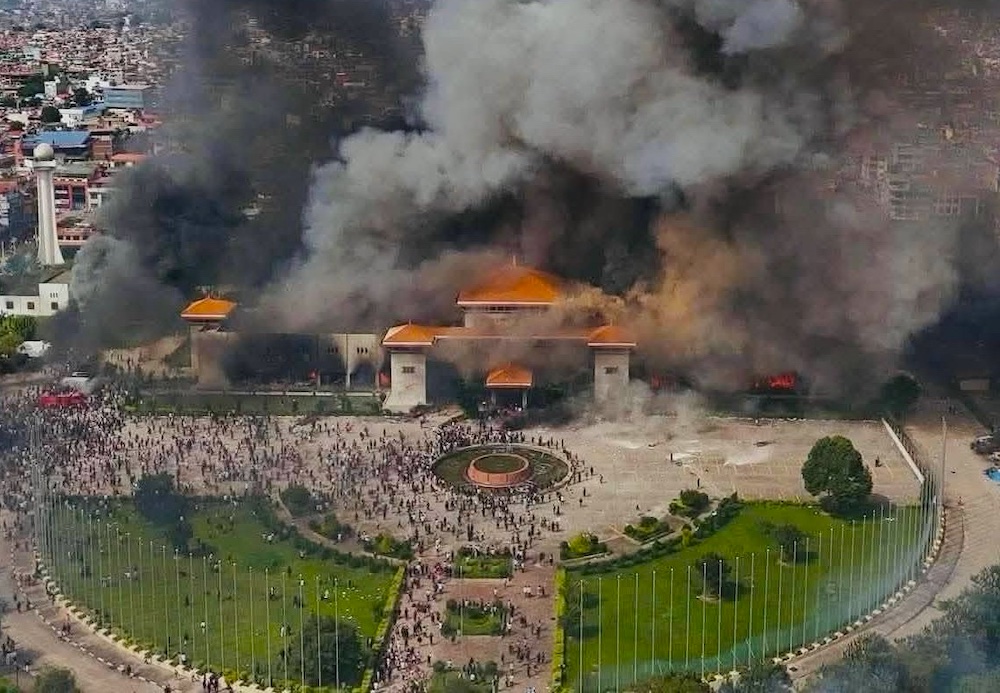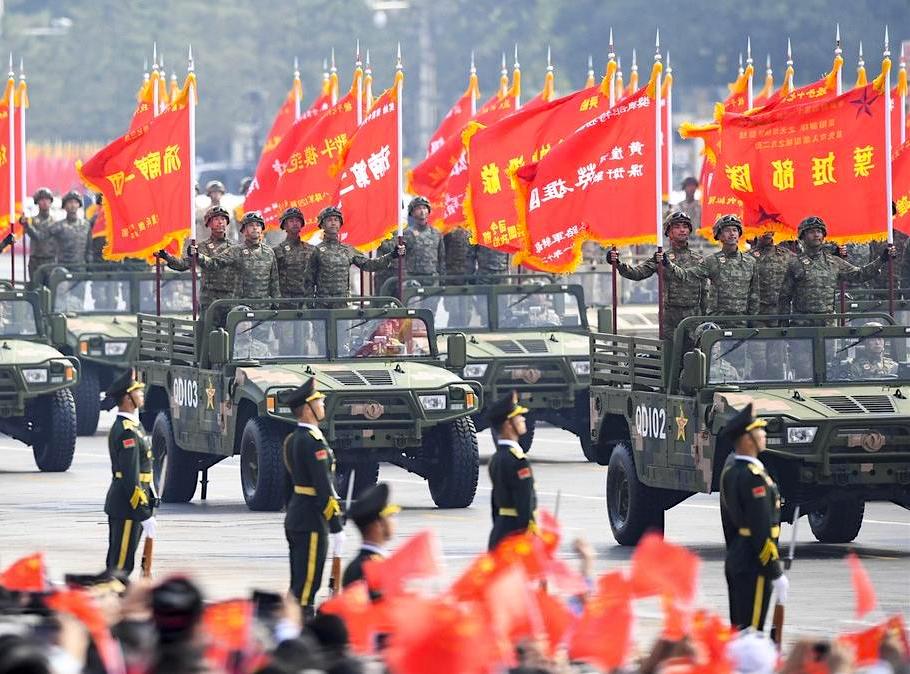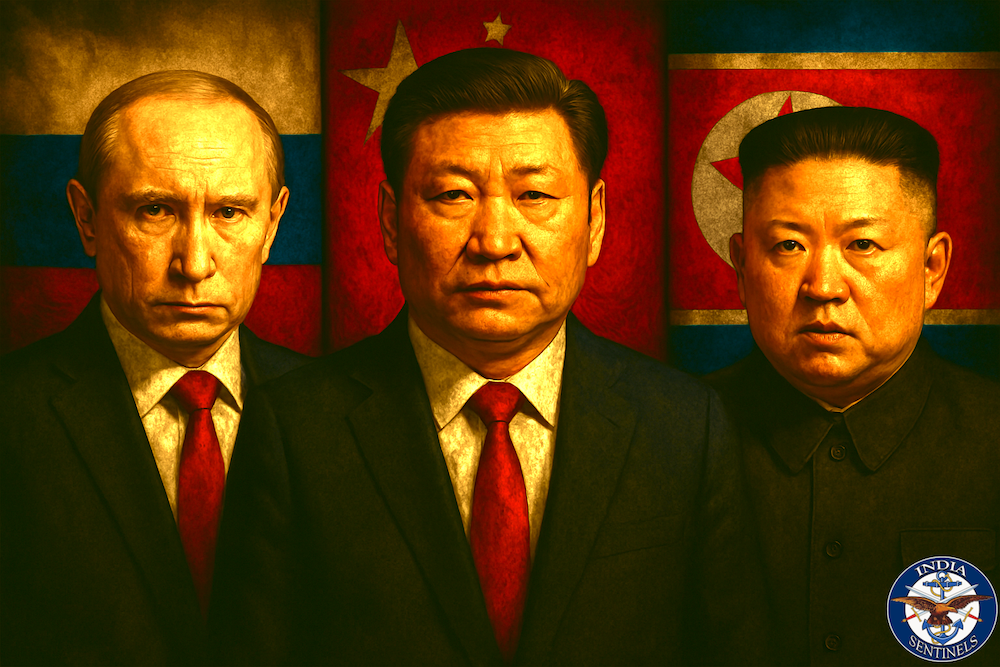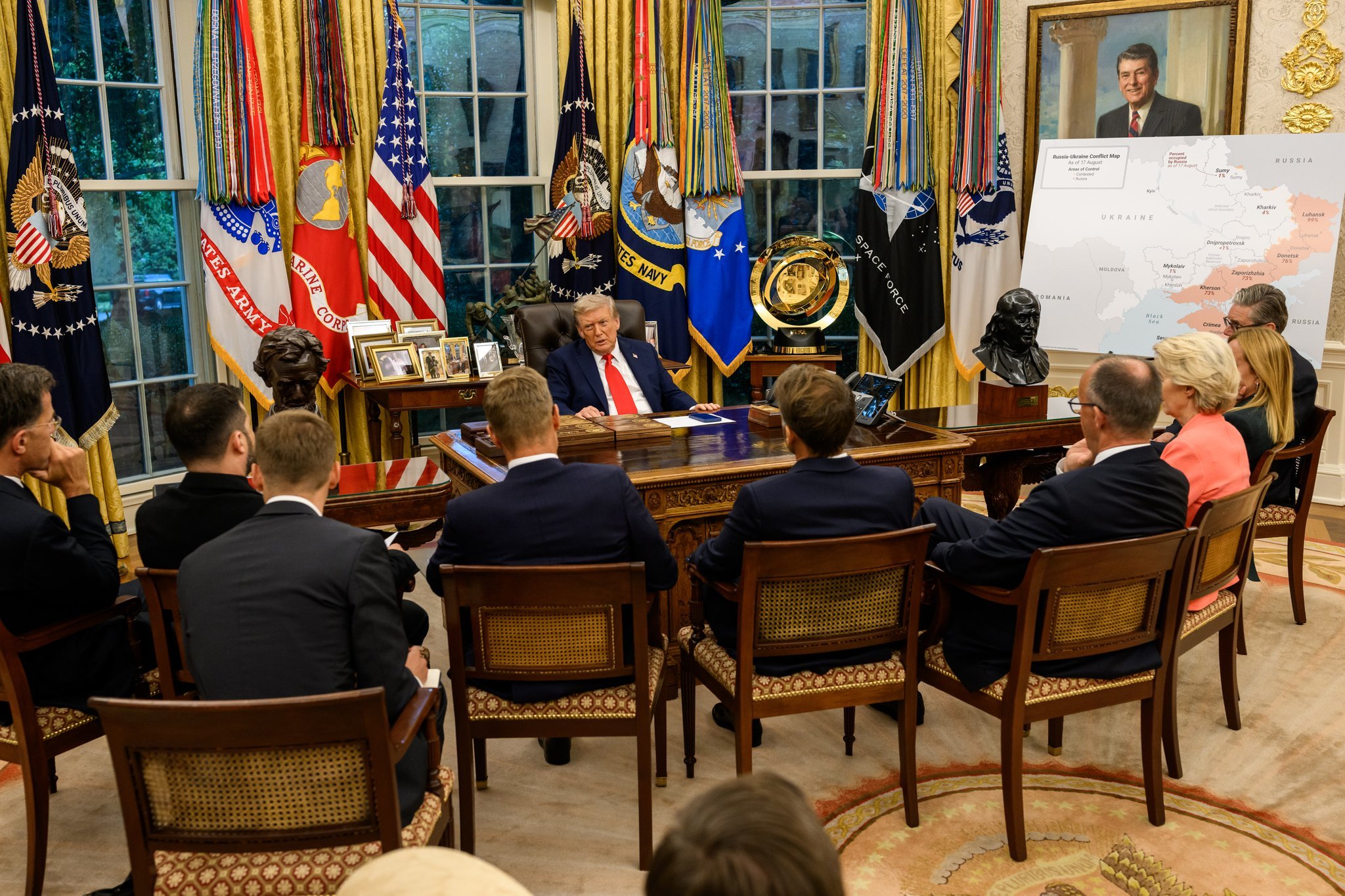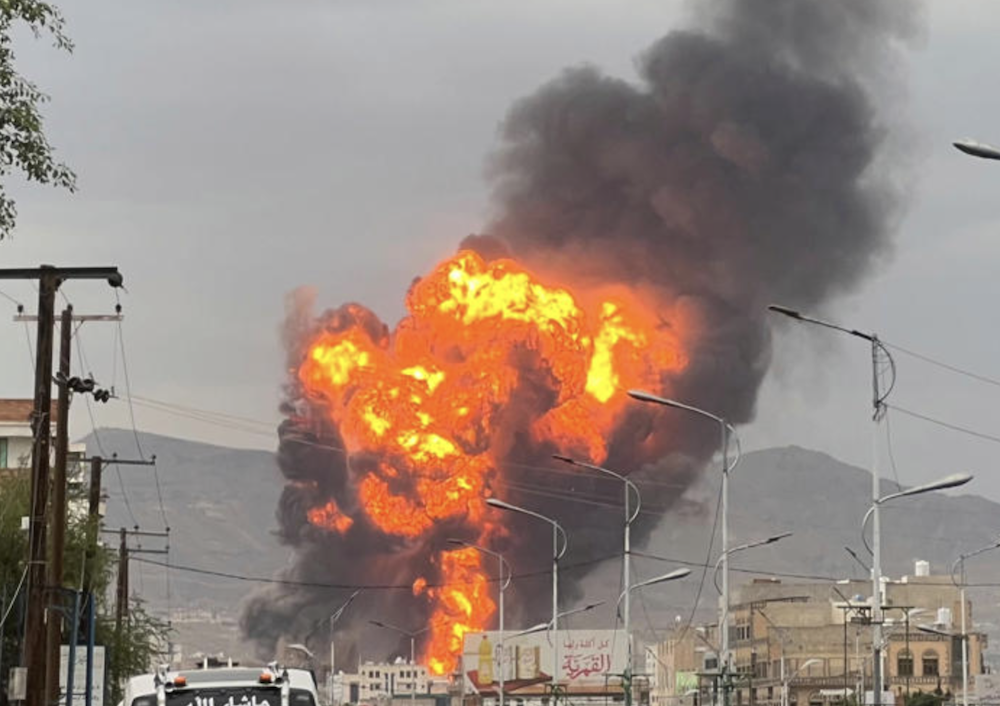 Fire and smoke bellowing out of the building complex where Israeli jets bombed in Qatar’s Doha to kill Hamas ceasefire negotiators.
Fire and smoke bellowing out of the building complex where Israeli jets bombed in Qatar’s Doha to kill Hamas ceasefire negotiators.
New Delhi: Israel’s first-ever military strike on Hamas negotiators on Qatari soil has sent shockwaves across the Gulf region, effectively torpedoing delicate ceasefire negotiations for Gaza and forcing a fundamental reassessment of Middle Eastern diplomatic protocols. The airstrike on Tuesday targeting Hamas leaders in Doha has not only failed in its primary objective but has also created a diplomatic crisis that threatens to reshape regional alliances.
At 3.46pm local time on September 9, Israeli F-15 and F-35 fighter jets fired air-launched ballistic missiles at a heavily fortified residential compound in Doha’s Leqtaifiya district. The compound, designated for Hamas negotiators and their families, housed senior Palestinian figures who were reviewing a US-brokered ceasefire proposal at the time of the attack.
The operation, codenamed “Atzeret HaDin”, utilized 12 aircraft that avoided Arab airspace by transiting over the Red Sea and Saudi Arabia. Qatar’s interior ministry confirmed that specialized teams were working at the scene and the situation was safe, while urging citizens to rely on official sources for information.
Despite its scale, the strike failed to eliminate its primary targets. Hamas’s chief negotiator, Khalil al-Hayya, and other senior figures including Zaher Jabarin, Muhammad Ismail Darwish, and Khaled Mashal survived the attack. However, six people were killed, including al-Hayya’s son, his office director, three bodyguards, and a Qatari Internal Security Force corporal. Several Qatari security officers and civilians were injured.
Hamas confirmed that five members were killed but affirmed the enemy’s failure to assassinate the negotiating delegation. The group has since vowed that the attack will not alter its terms for ending the Gaza war.
US involved?
The most damaging aspect of the strike may be the conflicting accounts of US involvement. Israeli officials maintain that their country’s prime minister, Benjamin Netanyahu, warned the US president, Donald Trump, 45–50 minutes before the jets launched but received no veto. The White House, however, insists it was notified only after the mission commenced and had no opportunity to prevent the attack.
The White House expressed disapproval of the strike, with the attack coming without advance warning according to Qatar’s prime minister. Trump later claimed he was “not consulted” and promised Qatar such episodes would not recur.
This coordination controversy has badly strained US-Gulf relations at a critical juncture. To repair the breach, the US secretary of state, Marco Rubio, travelled to Doha days after the strike to reinforce security commitments and accelerate talks for an enhanced US-Qatar defence agreement.
Regional condemnation
Qatar’s prime minister described the attack as “state terrorism”, while the emirate has begun reassessing its role as a neutral mediator. The Qatari prime minister, Mohammed bin Abdulrahman Al Thani, declared that Israel had “destroyed trust in the process” by bombing mediation sites.
The strike has united typically divided Arab leaders in condemnation. Saudi Arabia, the United Arab Emirates, Egypt, and Jordan all denounced the violation of Qatari sovereignty, while the Gulf Cooperation Council and Arab League called for accountability. An emergency Arab-Islamic summit has been scheduled for September 15 in Doha to coordinate responses.
The United Nations secretary general, António Guterres, condemned the Israeli strike while highlighting Qatar’s “very positive role” in achieving a ceasefire in Gaza. The UN security council convened an emergency session, issuing one of its sharpest rebukes of Israel to date.
Israeli divisions
Recent reports indicate that Israel’s Mossad intelligence agency had planned a ground operation targeting Hamas leaders but declined to execute it, forcing the military to carry out the unsuccessful airstrike. This revelation suggests internal disagreements within Israel’s security apparatus about the operation’s wisdom and execution.
The intelligence failure is particularly significant given Israel’s reputation for precise targeted killings. The operation’s failure to eliminate its primary targets while causing significant diplomatic damage represents a rare strategic miscalculation.
Gaza ceasefire prospects evaporate
The timing of the strike was particularly damaging to peace efforts. Hamas leaders were reviewing a US proposal that could have produced a truce in exchange for hostage releases when the missiles struck. Despite the Israeli president, Isaac Herzog, stating that Israel remains “ready for a complete deal” to end the war, the strike has effectively ended immediate ceasefire prospects.
Qatar’s traditional role as a neutral venue for sensitive Middle Eastern negotiations now appears untenable. The emirate has indicated that safeguarding its sovereignty has overtaken mediation priorities, with officials stating that ongoing Gaza negotiations are now “secondary”.
By targeting Hamas leaders in Qatar’s capital, Israel has crossed what many analysts consider a diplomatic red line. The operation represents the first Israeli military action against a US-allied, non-combatant Gulf state, potentially setting a dangerous precedent for future conflicts.
The strike has also demonstrated Israel’s willingness to act independently of US preferences, even when such actions damage broader American strategic interests in the region. This autonomous approach could complicate future US efforts to balance support for Israel with maintaining Gulf Arab partnerships.
The attack has accelerated discussions about regional defence integration and could push Gulf states toward alternative security arrangements. Arab leaders are likely to use the September 15 summit to explore enhanced coordination mechanisms that reduce dependence on US security guarantees.
Iran and Turkey have seized on the incident to criticise both Israel and US reliability as a security partner. Tehran has framed the attack as evidence of Israeli aggression and American weakness, potentially strengthening Iran’s position in regional power dynamics.
What lies ahead
Israel’s Doha airstrike represents a watershed moment in Middle Eastern diplomacy. While failing to achieve its tactical objectives, the operation has succeeded in fracturing the delicate diplomatic architecture that supported Gaza peace efforts. The immediate beneficiaries appear to be hardline elements across the region who oppose negotiated solutions.
With Qatar’s mediation role compromised and trust in diplomatic immunity shattered, the prospects for resolving the Gaza conflict through traditional channels have diminished significantly. The attack has ushered in what analysts describe as a “no rules” era of Middle Eastern conflict, where negotiation tables are no longer considered safe spaces.
The longer-term consequences may prove even more significant than the immediate diplomatic fallout. By prioritising tactical military objectives over strategic diplomatic considerations, Israel has potentially undermined the entire framework of US-brokered Middle Eastern peace processes, with implications extending far beyond the current Gaza war.

